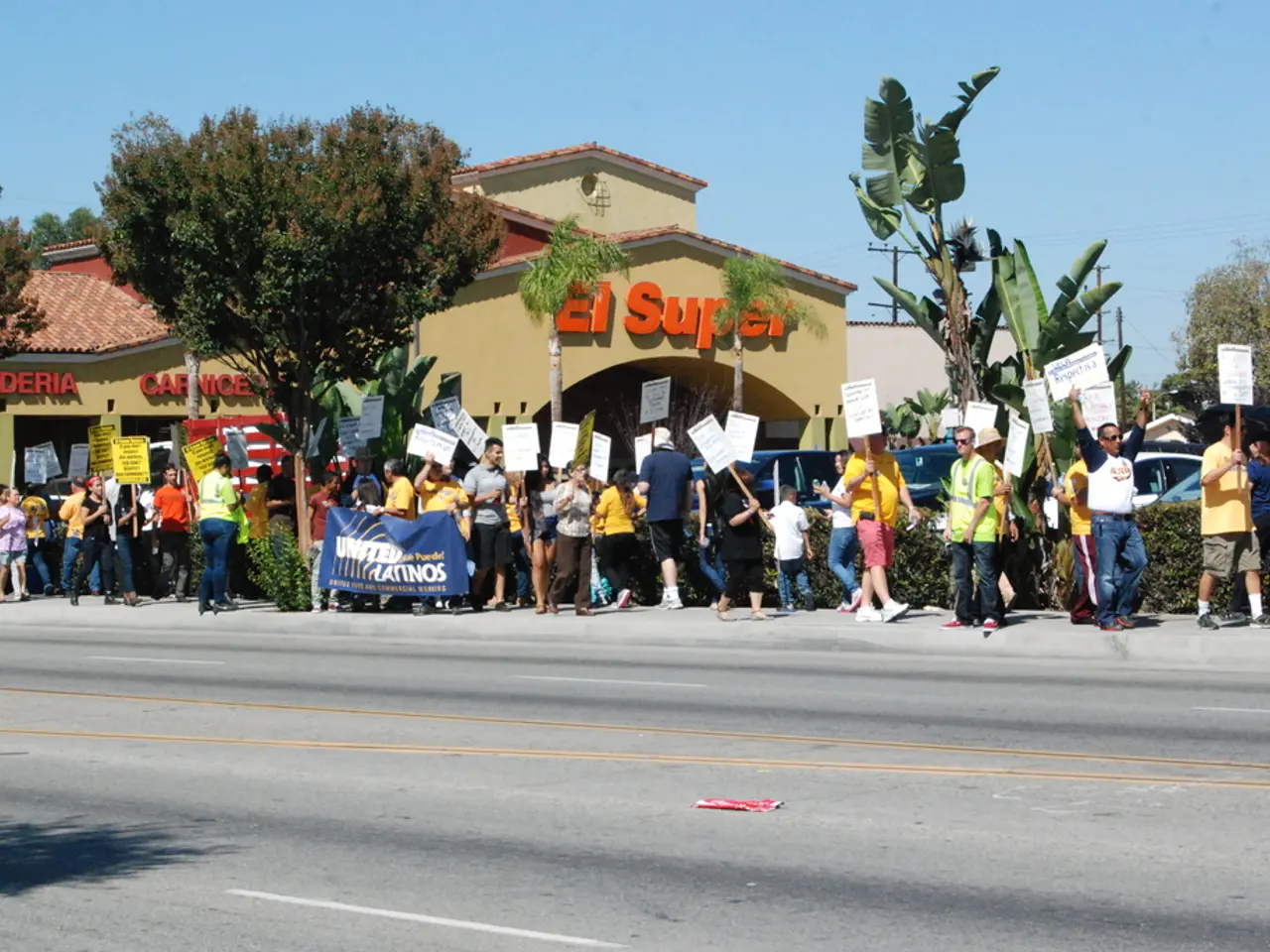Methods for Optimal Influencer Utilization in Political Campaigns
In the digital age, political campaigns are increasingly turning to social media influencers to amplify their messages, engage specific voter demographics, and build credibility. To effectively find and collaborate with these political influencers, campaigns should start by identifying influencers whose audience demographics and political views align with the campaign’s target voter segments.
Key strategies include:
- Audience Alignment: Use data and social media analytics to find influencers whose followers match the desired demographic and geographic voter profiles.
- Authenticity: Collaborate with influencers who are genuinely interested or supportive to ensure political messaging feels credible and resonates, avoiding content that seems forced or insincere.
- Platform Adaptation: Tailor messaging for different social media platforms (e.g., TikTok, Instagram, Facebook) since influencers often specialize in channels with unique content formats and audience behaviours.
- Digital Tools and Analytics: Utilize real-time data analytics to monitor influencer engagement and voter response, allowing agile adjustments to collaboration strategies to optimize impact.
- Professional Partnerships: Consider working with influencer marketing agencies experienced in political campaigns to design and implement effective influencer collaborations, ensuring compliance with regulations and strategic targeting.
When vetting potential influencers, campaigns should assess their size and engagement, expertise in topics important to the campaign, location in crucial battleground states, and alignment with the campaign’s message. Paid partnerships with influencers involve financial compensation, while organic collaborations occur voluntarily.
Effectiveness of influencers can be measured through engagement rates, follower growth, website traffic, and voter registration conversions. Influencers who have engaged with similar campaigns in the past should be considered, as well as those who share the campaign’s values and beliefs.
Best practices for managing influencer relationships in political campaigns include clear contracts, transparent communication, alignment on values, and consistent performance monitoring. Campaigns must follow election laws, advertising disclosures, and platform policies regarding paid political content.
Influencers can help independent candidates build visibility and credibility without the backing of major parties. They can also reach niche audiences, create relatable content, and boost voter engagement through authentic storytelling. Influencers popular among younger demographics can make politics relatable and increase voter turnout. Local influencers can connect with community members more effectively and address region-specific concerns in local election campaigns.
In summary, campaigns should systematically map influencers who align with their political goals and target constituencies, collaborate authentically to produce platform-specific content, and continuously analyze performance to refine the collaboration—often with expert agency support—to harness social media’s potent influence on modern elections. Once the election is over, influencers should be thanked for their help. However, campaigns must be mindful of the risks associated with using influencers, such as reputational damage, audience backlash, or mismatched messaging.
- Political campaigns are increasingly collaborating with social media influencers to amplify their messages, engage specific demographics, and build credibility.
- During the vetting process, it's essential to consider an influencer's size and engagement, expertise, location, and alignment with the campaign's message.
- To effectively utilize influencer services, campaigns should adapt their messaging for various platforms, such as TikTok, Instagram, and Facebook, where influencers often specialize.
- Collaborating with influencers involves both paid partnerships and organic collaborations, each providing its unique advantages.
- Campaigns seeking experienced partners in influencer marketing can benefit from working with agencies that specialize in political campaigns.
- Effectiveness can be measured through engagement rates, follower growth, website traffic, and voter registration conversions.
- Influencers popular among younger demographics can make politics more relatable, increase turnout, and help independent candidates build visibility.
- Local influencers can connect more effectively with community members and address region-specific concerns in local election campaigns, enhancing overall election strategies.




